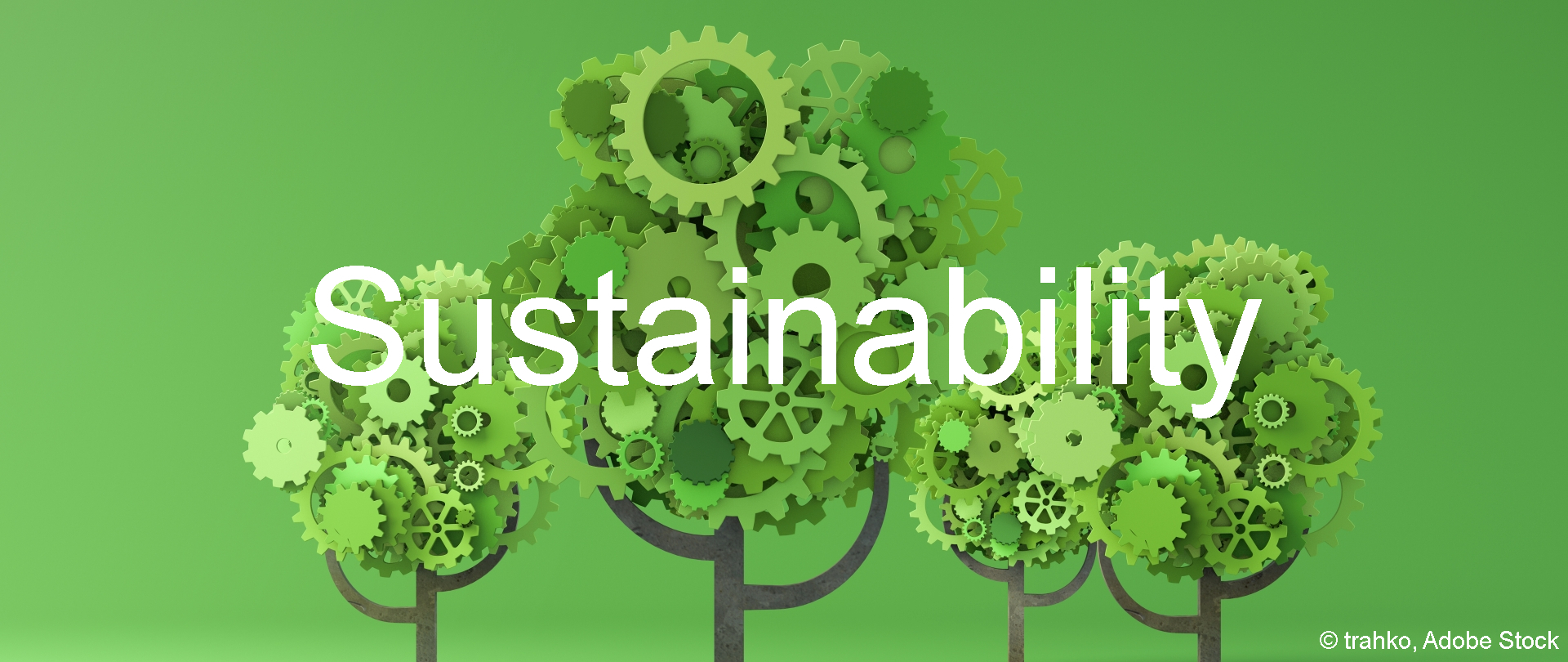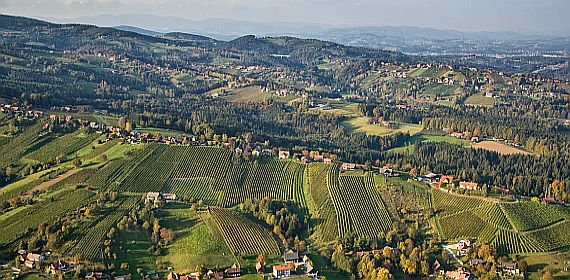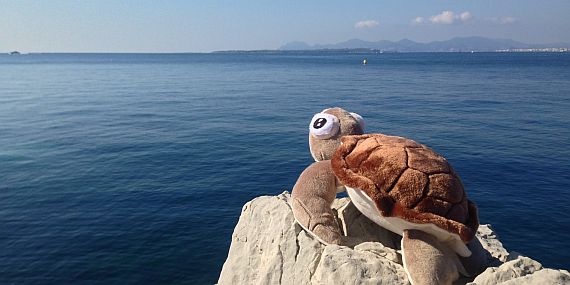
News & Stories
Manama. The Kingdom of Bahrain announced the most questionable environmentally friendly action of the week: In August, the Arab state will open the world's largest underwater theme park. Its highlight is a decommissioned Boeing 747, which was officially sunk into the sea on 10 June.
Fresing. Natural cosmetics are in absolute fashion. In upscale wellness hotels, they are a must, as the sensitivities due to allergies are increasing. Especially women want to know exactly which ingredients are penetrating their skin and where these products come from. Companies producing regionally and sustainably like Vinoble Cosmetics, are increasing their credibility. Their cosmetics series is based on wine: The grapes grow in the highest vineyards of Southern Styria, on slate ground containing many antioxidants and mountain crystals, which are to energise the skin. About an unimposing manufacture in the countryside, where quality and sustainability are not mutually exclusive.
Paris/Eschborn. Hotel groups like Fairmont or Best Western – just to name two of many – give a home to bees on the hotel ground and offer guests activities around the honey suppliers. But not only the animals benefit from hospitality, also the guests. Fairmont films and broadcasts the life of its bees in real time, while individual Best Western hotels cooperate with local beekeepers.
Amsterdam. Using thousands of liters of chemicals every year and as many of fresh water to dilute them before usage is not a strange practice to hoteliers who want to be sure that their properties are clean. For a new generation of entrepreneurs like Kimberley Roersma, founder of Mother Nature Cleans, this behavior is not the future. The Dutch CEO is offering instead, a zero chemical solution which cleans every surface using only…ozone water.
Hanover. The TUI Group published its Sustainability Report 2018 a week ago. It continues to focus on more sustainable tourism. In the last four years, TUI has sold 29 million 'greener and fairer' holidays. And by 2020, the tour operator is now committed to reducing disposable plastic by 250 million pieces.
Madrid. Spanish hotel group Room Mate has unveiled an initiative that represents a step forward in its eco-sustainability plan. All hotel employees wear recycled uniforms.
Munich. At the beginning of June 2019, the Munich-based hotel group Living Hotels completed the environmental certification process for all 16 of its hotels in Germany and Austria. This included a whole host of new measures for staff, guests as well as suppliers.
Vienna. Mountains wear green – and not only when the snow melts away from the peaks. A study by the Austrian Federal Environmental Agency shows that holidays in mountain regions, even in those with high levels of development, have a comparatively low carbon footprint. University research unexpectedly shows that the biodiversity on ski slopes can even benefit. On the other hand, scientists expect climate change to make winter sports below 1,800 metres impossible by 2050.
London/Munich. The motivation comes from pure pressure: Only then do hoteliers take care of more sustainability. It is the company's own energy consumption, CO2 emissions and waste that causes the highest costs. Nevertheless, most hoteliers think only on short term and not in the medium or long term, nor strategically, criticizes Xenia zu Hohenlohe the industry. With the Considerate Group, it advises smaller individual hotels and hotel groups on how to implement Corporate Social Responsibility. The way is the goal: It is about permanent improvement of the hotel performance, not about quick success overnight. The Oetker Collection shows that this is possible. CEO Frank Marrenbach has committed everyone in the Group to sustainability.
Amsterdam. In recent years, the fight against food loss and waste has gained importance. From the government's agenda to companies' green strategy, the topic is on top of the list, including in the hospitality industry. How committed are hoteliers when it comes to combating food waste? Are their actions sufficient? Can technology help them address the issue? Is training future generations a key to the problem? Sarah Douag tried to understand the ins and outs of this complex topic, with the help of a hospitality professor, an F&B manager and a start-up CEO recruiting waste warriors.




